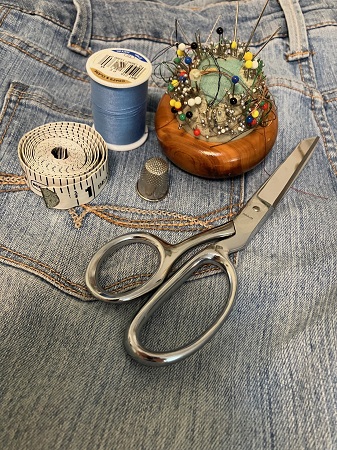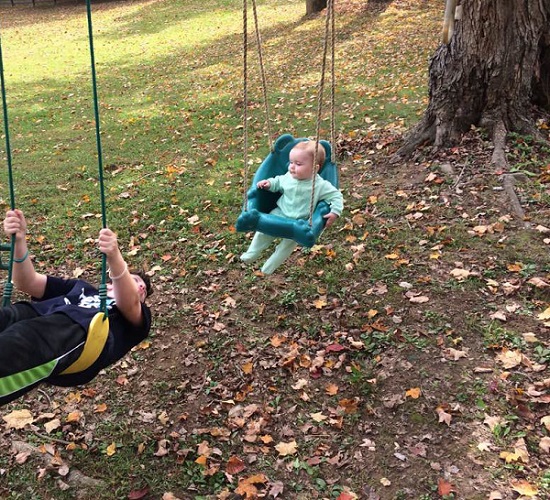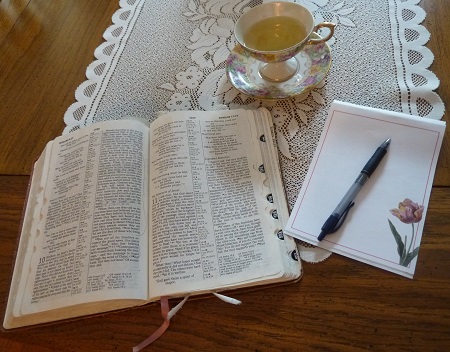On the Mend
 Several family members recently suffered significant health problems. Most are now on the mend.
Several family members recently suffered significant health problems. Most are now on the mend.
On the mend refers to healing.
- Surgeries are over.
- Health has improved.
- They feel better.
Some continue treatments or therapy. Although still in recovery, they look forward to further healing.
Improved health does not equal perfect health.
However, they can enjoy:
- Mended bones
- Cured diseases
- Restored strength and energy
They are alive and kicking (only not too high), and they keep on keeping on.
On the mend describes more than physical healing.
It also means repairs to:
- Torn clothing
- Ruined relationships
- Damaged roads
- Faulty morals
- Shattered emotions
Although broken, all can mend.
Jesus offers to mend broken lives.
Just as He called fishermen mending their nets to follow Him, Jesus also calls people today. A positive answer results in:
- Forgiveness for sins
- A personal relationship with God
- Peace, hope, joy, and love regardless of life’s circumstances
- A perfect, eternal home in heaven
“Going on from there, He saw two other brothers, James the son of Zebedee, and John his brother, in the boat with Zebedee their father, mending their nets. He called them, and immediately they left the boat and their father, and followed Him (Matthew 4:21-22 NKJV).
Thanks to Melissa Bright for the suggestion.
Do you have an expression you want explained or a thought about this one? If so, please comment below.
Subscribe to receive my weekly posts by email and receive a free copy of “Words of Hope for Days that Hurt.”
If you enjoyed this post, please share it with your friends.


 If you have seen elk or other animals lock horns, you know exactly what this expression means. Two animals fight one another. The fight often results in locked horns (or antlers).
If you have seen elk or other animals lock horns, you know exactly what this expression means. Two animals fight one another. The fight often results in locked horns (or antlers).